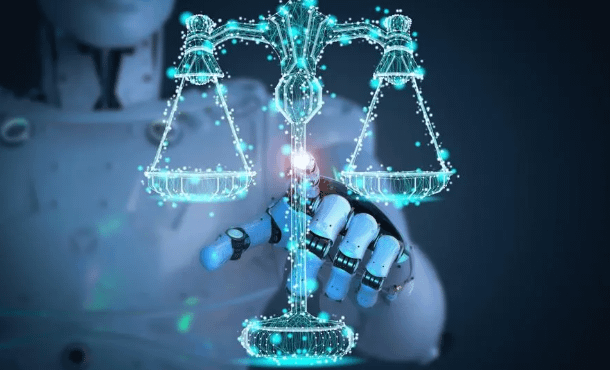 In the dynamic landscape of technology, artificial intelligence (AI) continues to redefine various industries, and the legal sector is no exception. Generative AI, in particular, presents unprecedented opportunities and challenges for the legal profession. As AI capabilities evolve, so too will the tasks and responsibilities of lawyers. In this article, we delve into the transformative potential of generative AI and its profound impact on the jobs of lawyers.
In the dynamic landscape of technology, artificial intelligence (AI) continues to redefine various industries, and the legal sector is no exception. Generative AI, in particular, presents unprecedented opportunities and challenges for the legal profession. As AI capabilities evolve, so too will the tasks and responsibilities of lawyers. In this article, we delve into the transformative potential of generative AI and its profound impact on the jobs of lawyers.
Understanding Generative AI
Generative AI refers to a subset of artificial intelligence that enables machines to produce content, such as text, images, or even music, that is indistinguishable from content created by humans. This technology relies on advanced algorithms and machine learning models to analyze and generate data autonomously.
The Evolution of Legal Practice
Traditionally, the practice of law has been labor-intensive, requiring extensive research, analysis, and documentation. However, the advent of generative AI is revolutionizing how legal professionals approach their work. Tasks that were once time-consuming and resource-intensive can now be automated with greater efficiency and accuracy.
Automated Document Drafting
One of the most significant ways generative AI is transforming the jobs of lawyers is through automated document drafting. Legal documents, such as contracts, briefs, and memos, can be generated quickly and accurately using AI-powered tools. These tools not only streamline the drafting process but also ensure consistency and compliance with legal standards.
Enhanced Legal Research
Generative AI systems have the ability to sift through vast amounts of legal data and extract relevant information in a fraction of the time it would take a human researcher. By leveraging natural language processing and machine learning algorithms, these systems can identify precedents, case law, and statutes with remarkable precision, empowering lawyers to make more informed decisions.
Predictive Analytics
Another promising application of generative AI in the legal field is predictive analytics. By analyzing historical data and patterns, AI algorithms can forecast legal outcomes with a high degree of accuracy. This capability enables lawyers to anticipate potential challenges, assess risks, and devise strategies accordingly, ultimately enhancing the quality of legal representation.
Challenges and Ethical Considerations
While the integration of generative AI promises numerous benefits for the legal profession, it also raises important ethical and regulatory considerations. Concerns related to data privacy, bias in algorithms, and the displacement of human workers must be carefully addressed to ensure the responsible deployment of AI technologies in legal practice.
Conclusion
Generative AI is poised to revolutionize the jobs of lawyers by automating routine tasks, streamlining workflows, and unlocking new capabilities in legal research and analysis. As technology continues to advance, legal professionals must embrace innovation and adapt to the changing landscape of their profession. By harnessing the power of generative AI responsibly, lawyers can enhance their efficiency, effectiveness, and ability to deliver value to clients in an increasingly complex legal environment.
In summary, the integration of generative AI is not merely a technological advancement but a paradigm shift that will shape the future of legal practice for years to come.